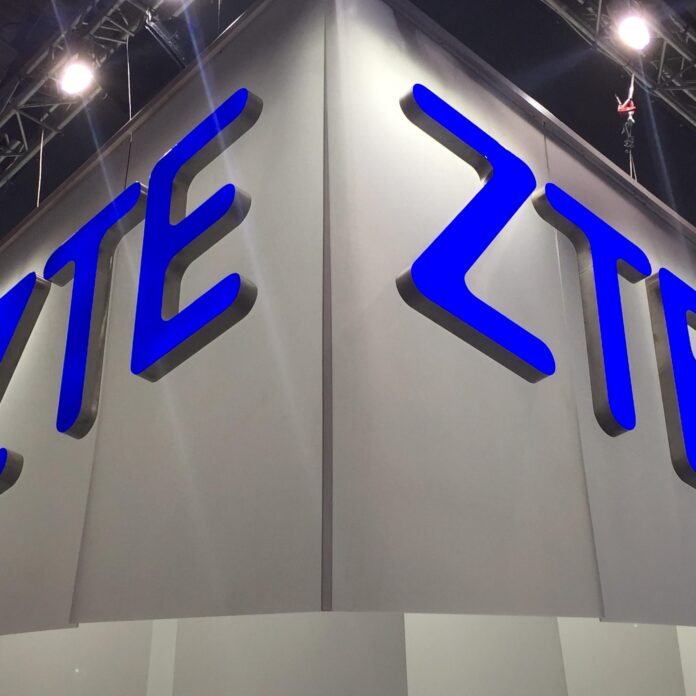Senators want to ban the Chinese vendor from selling products to critical technology or infra assets
U.S. senators are working on a potential deal with the White House that would allow Chinese vendor ZTE Corp to resume business if there are tighter restrictions on the use of the company’s products on national security grounds, the South China Morning Post reported, citing people with knowledge of the discussions.
The changes, which would be made to an amendment in a defense appropriations bill approved by the Senate last week, include prohibiting U.S government agencies from buying ZTE products. Senators also intend to ban ZTE from selling software or hardware in the U.S that could be used in critical technology or infrastructure assets.
In exchange, senators would no longer seek to reinstate the original ban that the U.S Department of Commerce imposed to ZTE in April.
President Donald Trump recently had a meeting with a group of Republican senators with the aim of protecting the deal between the U.S government and ZTE. At the meeting, Trump urged the senators not to undermine his efforts regarding the ZTE issue, warning them that the deal with the Chinese vendor was part of a broader negotiation with China.
Last week, the U.S. Senate voted to include an amendment to the defense bill which would reinstate the ban on ZTE buying components from U.S. tech companies such as Qualcomm, Dolby, Intel, Google and Acacia Communications. The bill passed with 85 votes in favor and 10 against.
The House of Representatives already passed a version of the proposed legislation including a provision that would prevent the government from purchasing ZTE products that did not include the ZTE ban, but a new vote did, in fact, included the ZTE ban, according to the South China Morning Post.
The Senate bill, once fully revised, will be sent to the House of Representatives for reconciliation with the defense bill passed by the House before it is presented to Trump for final approval. Trump could also veto the legislation if the version sent to his desk includes the export ban.
That seven-year ban had been imposed by the Department of Commerce’s Bureau of Industry and Security in March, after the vendor allegedly did not live up to the terms of an agreement that had been worked out after it illegally shipped telecom equipment to Iran and North Korea. In early May, ZTE said it had ceased its major operating activities due to the export ban.
Earlier this month, the U.S government reached an agreement with ZTE which would allow the firm to resume business. Under the current terms of the agreement, the Chinese company must replace the boards of directors of ZTE Corp. and ZTE Kangxun.
Additionally, all members of the company’s leadership at or above the senior vice president level also must be terminated, as well as any executive or officer tied to the export violations which led to the U.S sanctions.
In a recent filing, the Chinese vendor said it will pay a $1 billion to the U.S. government as part of a settlement agreement, as well as an additional $400 million in escrow.
ZTE also said it would resume operating activities as soon as practicable after BIS terminates the Denial Order.
The Department of Commerce did not yet lift the bank on ZTE but it is still working with the vendor in the final details of the process, Reuters reported, citing a Commerce spokesperson.

